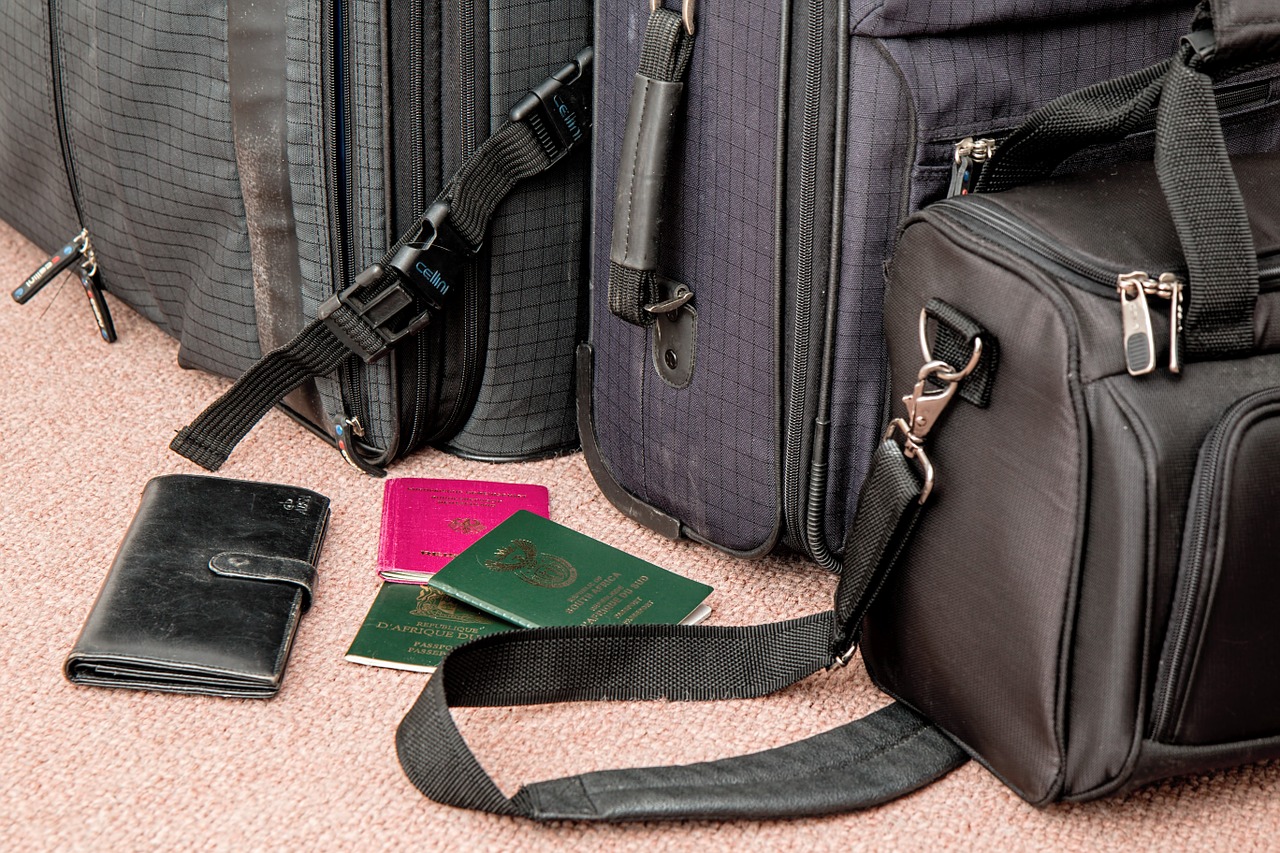
Medical Insurance and Preparation
It is critical to make sure you have adequate medical insurance when travelling outside of your country. Be sure that it covers all the places you are travelling to and that it provides coverage for emergency costs, including hospitalization, dental emergencies, prescriptions, and even medical evacuation if needed.
Discuss your travel plans with your family doctor to determine any immunization shots you should have and any medications you should take with you. Make sure you have access to your own prescription medication at all times, including on the plane, incase of unexpected delays. Consider carrying a small first aid kit containing band aids and antibiotic cream. You can get an up to date list of travel health advisories from Public Health Canada and many other government websites.
Be aware of local conditions and laws
Make sure you understand the local conditions and the laws of the country you are travelling into. Many people find themselves on the wrong side of the law in a country where the repercussions are severe. And excellent source for obtaining pre-travel information is the US Department of State website which has information on every country in the world.
You may also require power converters for your personal appliances such as electric razors, hairdryers, cellphone and laptop chargers do to differences in electrical outlets and voltages.
Protect yourself from crime
In order to reduce the likelihood of being targeted by thieves, avoid wearing conspicuous clothing and jewelry and do not carry large amounts of cash. Keep your wallet in a secure out of sight location on your person. Avoid back pockets, as they are easy for pickpockets in crowded locations. Also never leave your luggage unattended in public locations, and, never, ever accept to transport packages from strangers.
Passports and Id
If you are travelling internationally, be certain that you have a current and signed passport, and if required, a visa. Be sure to complete the emergency information section in your passport. Be sure to write down the address and phone number of your own country’s consulate for every country you are planning to travel in.
Itinerary
Make sure you leave a written itinerary along with data from you passport and/or visa with a responsible friend or family member, so they can contact you in the event of an emergency.
Public Transportation
Obtain information on any public transportation you might use when traveling, prior to your trip. This will make your use of these services go much smoother. Also whenever you disembark from a public transit vehicle, be it a plane, bus, train, taxi, or what have you, always check the area where you were sitting to make sure you’ve left nothing behind. Sometimes things just fall out of a pocket or handbag while you are seated. Loosing something valuable or important on public transportation can spoil the best planned vacation in a hurry. One last look can prevent a lot of grief.
Airline Baggage Policies
Be sure you are aware of both the security restrictions pertaining to what you can carry onboard an aircraft as well as transport in your checked baggage. These can vary considerably by country. Also be sure to consider the amount of baggage you can check on an airline, and what fees they charge, before choosing which one to book. Many airlines now charge substantial fees for baggage and it can make a big difference in the cost of your flight.
For some great all round user reviews and comparisons of airlines from around the world check out Skytrax. Lot’s of helpful information without any sales pitch.
And Some More Helpful Travel Tips
- Obtain a small amount of cash in the currency of your destination before arriving there. This may be handy for incidentals.
- Make a simple conversion chart on a small card from your currency to the local currency and keep it in your wallet; ie: xxx=$1.00 / xxx=$5.00 / xxx =$10.00 etc.. This will help you when making determine the actual cost of purchases in a foreign currency.
- Consider taking along a small water filter unit that you can attach to a faucet. Some cities don’t have the greatest tap water and this can save you a lot of money over buying bottled water.
- Save money by having your main meal of the day at lunchtime. Most restaurants offer much more value for your food dollar at lunch time. Also consider ordering food to your hotel room from a nearby restaurant that delivers as opposed to having room service. This is often less expensive that the meals served by the hotels.
- Keep your clothes fresh during travel by placing a few of the fresh scent dryer sheets, that are used in clothes dryers, in between the layers of clothing when you pack.


